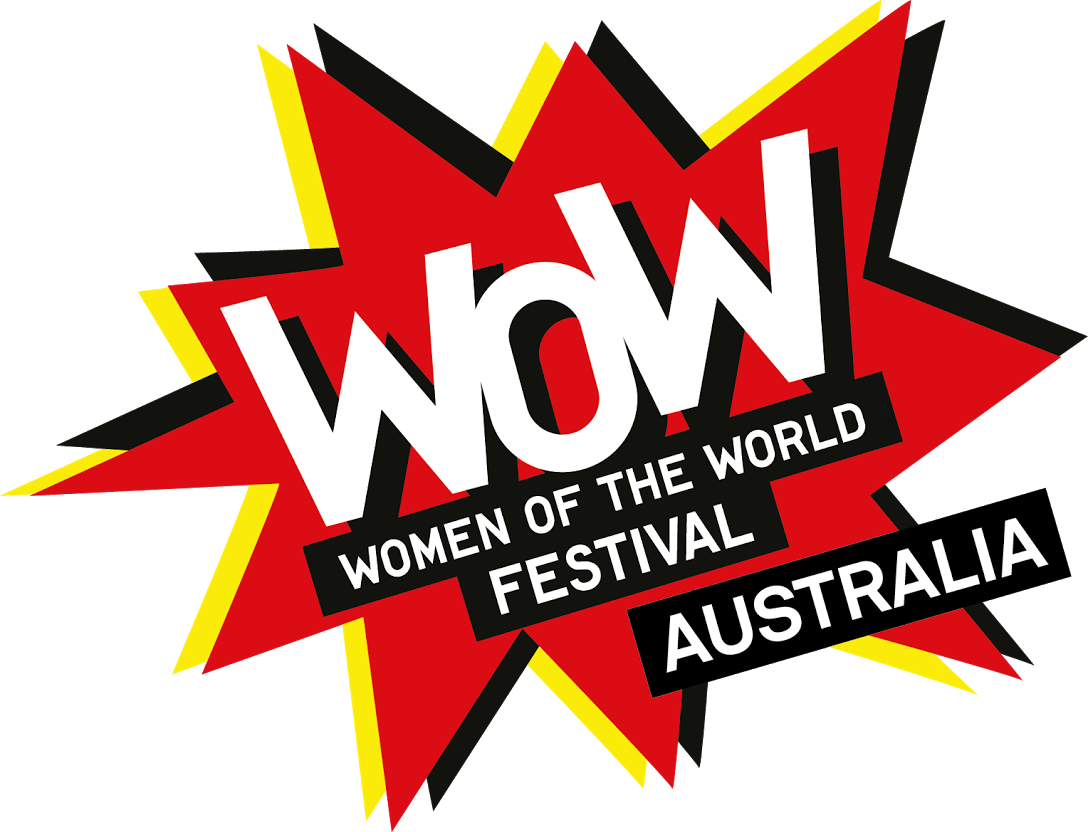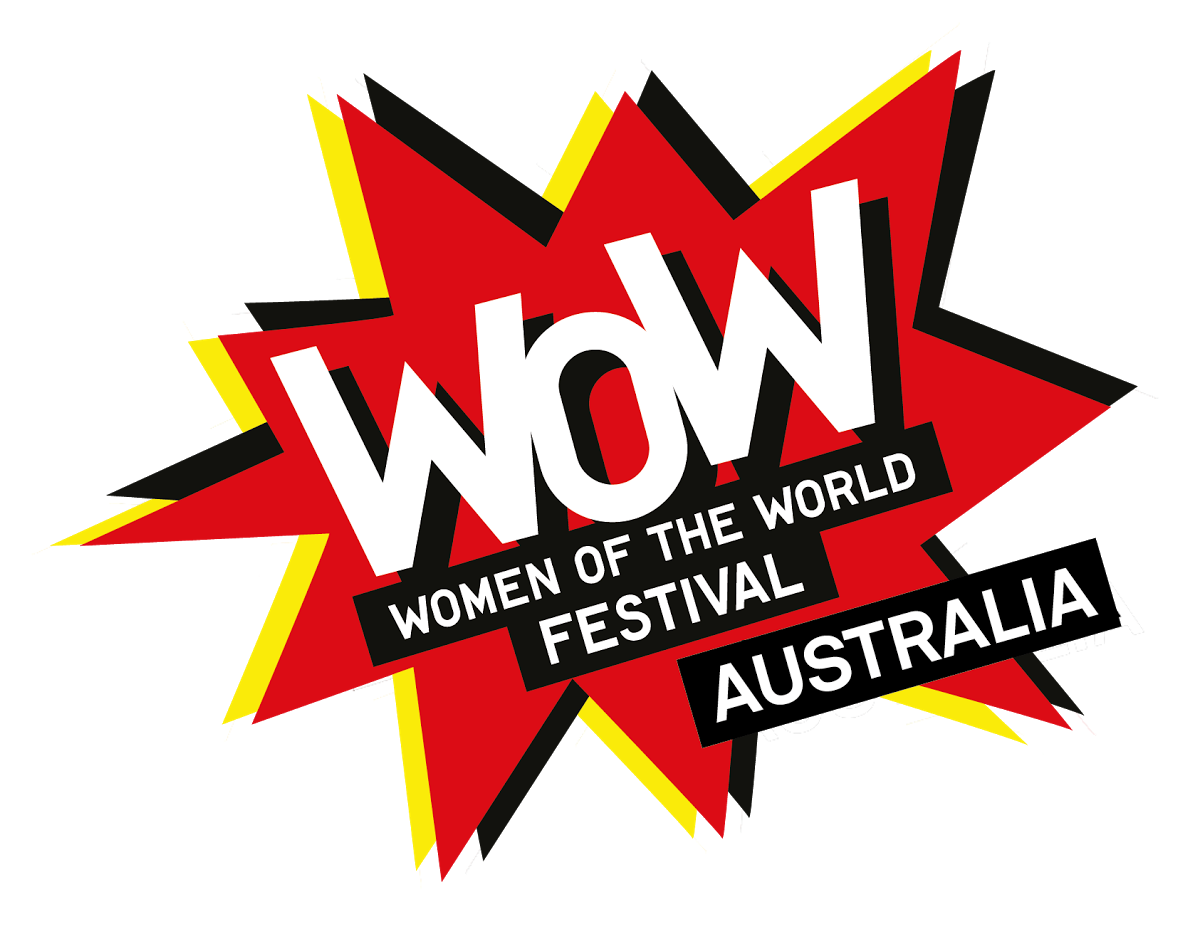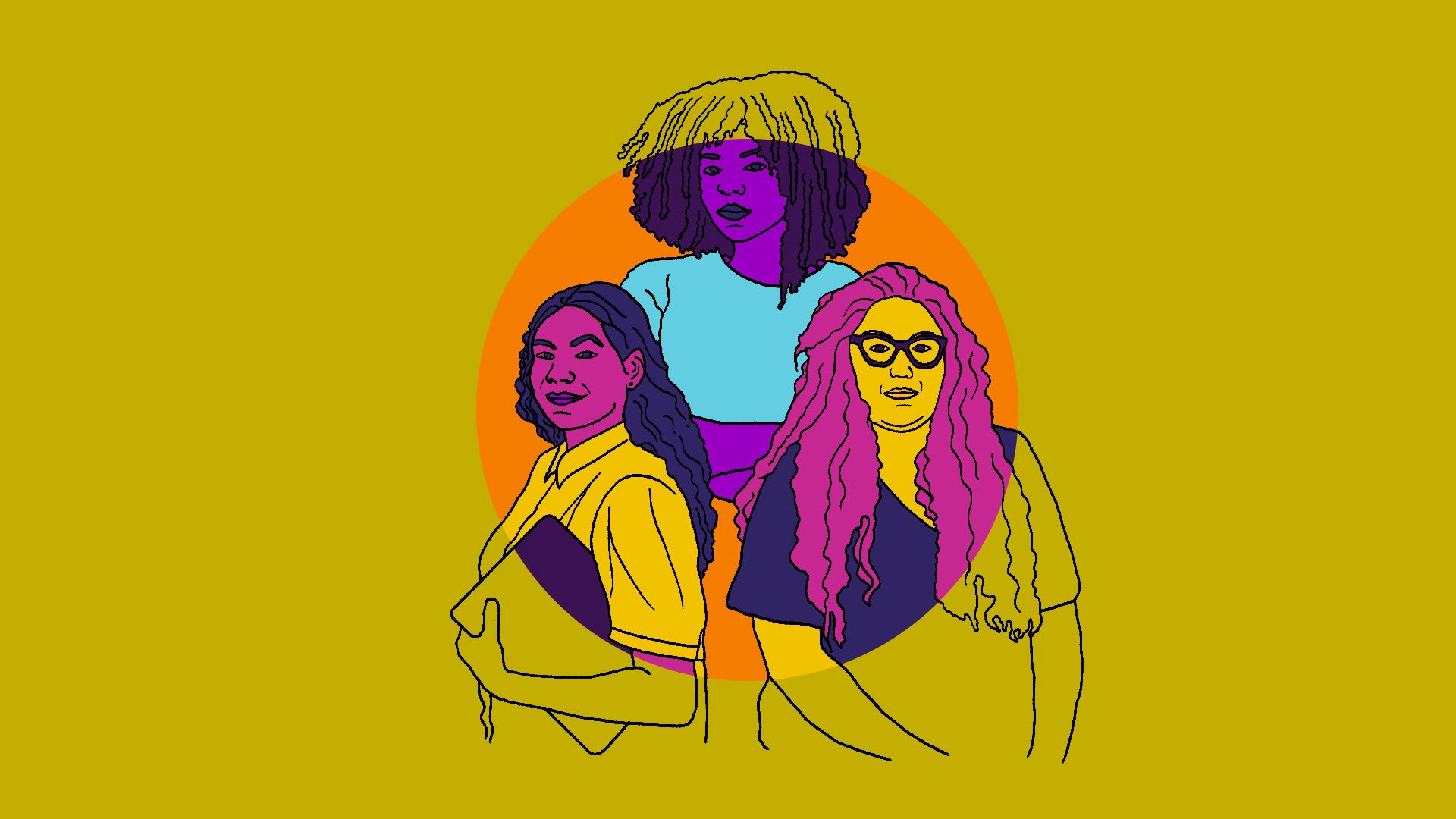On Domesticity
Age-old ideas about women and their place in society suddenly appear in fresh focus - ideas articulated by the Ancient Greeks, adopted and embellished by the Judeo-Christian tradition, and disseminated via the pulpit across the Christian world.
Edited vintage print. Source: The Glamorous Housewife
By the nineteenth century these ideas had crystallised into what is now called The Cult of Domesticity: a gold standard for womanhood, purveyed through the church, literature, and especially through women’s magazines – all of course, led, managed and owned by men.
The ideal woman was expected to be pious (focussed on faith, rather than on reason which was seen as the masculine domain); pure (sexual pleasure was for men, and frequently sought outside marriage); obedient and submissive; and domestic (working within the home to create a peaceful, orderly, and attractive environment for her husband, and confining her reading to serious and improving topics – sermons and biographies.
But the truth is, women have always worked – gathering and preparing food, bearing and caring for children, making shelter and clothing – all tasks essential to the survival of the community. Settled agriculture, the growth of cities, and then the Industrial Revolution, brought more work: from hard labour in the fields, cottage industries, long days in service to the wealthy, and then in factories. At every stage, women were, if remunerated at all, paid a fraction of a man’s salary, and still discharged their domestic duties. They owned no property, had no legal claim to their own children, little access to education, and no capacity to initiate a divorce.
Angela Davis speaking at a street rally in 1974. Photograph: Bettmann/Bettmann Archive
The Cult of Domesticity was an expression of white middle class aspirations. Angela Davis (in Women, Race and Class) points out that for African women enslaved in nineteenth century America, a domestic life was a distant fantasy: even their child bearing was treated as an economic benefit for owners. Women’s rights campaigner Sojourner Truth had all thirteen of her children taken from her and sold into slavery. Long after slavery was formally abolished in the USA (1865) First Nation Australian girls were still being taken from their families and institutionalised, to be trained for domestic service – read Leslie Williams’ story in Not Just Black and White.
The Cult of the Domestic found resonance in many societies globally (in Germany - Kinder, Kirche, Kuche - was to become Hitler’s standard for women in the Third Reich). And it’s a resonance that has lasted a long time, echoing through women’s magazines 100 years later, post World War II, as nations sought to drive women out of the paid work necessary for the war effort, to make jobs for men returning from the war. Have a look at any Australian Women’s Weekly from the 1950’s.
The cover of Anne Summer’s 1975 book
Australian colonial society was of course established when these ideas about the place and role of women prevailed. While women continued to work as innkeepers, sex workers, domestic, factory and agricultural labourers, society espoused an ideal of the woman as a moral and civilising influence – what Anne Summers described as “God’s Police”. According to Ros Kidd, writing in The Mayne Inheritance, Brisbane society was so lawless and drunken in the early 1800’s that the Presbyterian Minister arranged for a cohort of decent single women to be shipped from Scotland to the community, to improve the tone of society and to bring order and decency.
It was inevitable that women would ultimately react against a set of ideas that charged them with responsibility for the moral tone of society, but also constrained, infantilised and enfeebled them: denied the right to a public voice, denied legal and economic standing, entirely dependent on marriage for their security, and for many, bored rigid by the narrow confines of the domestic.
Interestingly, the earliest claims of organised women’s activism in the USA mid-nineteenth century were to have a voice on the big moral issues of the day - the abolition of slavery, and subsequently free public education – they thought the vote was a bridge too far. Each wave of women’s activism since then has fought bitterly for a better world – for suffrage, health care, education, access to paid work, equal pay, control of their fertility - and against the idea that women and the domestic sphere are inextricably linked. It has proved to be a vicious circle: women’s work is worthless precisely because it is done by women, and women are without value, precisely because they do this worthless work. Look at pay rates in female dominated industries.
The daily sums: How women and men are spending their time in unpaid work. Source:CourierMail
In Australia, women still do two-thirds of all unpaid domestic work. The contribution of this work to the Australian economy has been estimated by the ABS (2014), using a couple of different methods of analysis, as having an economic value of somewhere between $46 and $58 trillion a year – or nearly half of total GDP, but of course this form of labour is not counted in any national accounts in the world. Domestic work only counts if you get paid for it!
The daily sums: How women and men are spending their time in unpaid work. Source: Courier Mail
Of course there has been progress, with male partners sharing more of the domestic load. But what is surprising, perhaps, is not how much progress there has been, but how difficult some changes are to achieve. 30 years after Marilyn Waring published her remarkable book Counting for Nothing - What Men Count, and What Women are Worth, looking at how work is valued in national accounts and in the UN standards that underpin them, unpaid domestic labour still is accorded no economic value, with the result that global and national economic thinking is undertaken with only a fraction of the evidence it needs to meet a whole society’s needs. This failure to recognise the economic value of women’s work has unending consequences – for individual women’s lives, for policy making and service design and for culture and perceptions about the value of women themselves.
But in focusing solely on the economic, we are in danger of missing the fact that, buried in the concept of “domestic” work, are roles that are truly essential to the survival of the human race, and if we treat them as valueless, we are putting a lot at risk. I am not talking about cleaning floors and matching paint and cushions. I am talking about the birthing, care and education of children, the transmission of decent human values, the building of communities, respect and care for the environment, care for the frail and elderly. These happen primarily in the domestic environment, and not accidentally, and our society spends vast public resources dealing with the down-stream effects of our failure to value this work at the point at which it is undertaken, and the people who undertake it. A simple case in point: we continue to raise boys to become men who injure or murder their partners and children – because we don’t place enough value on how they are raised, how they behave, how women and girls are valued, and how they are treated by our legal system and its instruments….
A pregnant woman wearing a face mask as a precautionary measure walks past a street mural in Hong Kong, on March 23, 2020. Source:AFP/Anthony Wallace
So, post COVID, what needs to change? We need to acknowledge the importance of this glue which holds our families and communities together, not as “women’s work”, but as one of the real task of maintaining our community, and an obligation of both men and women, and a benefit to both.
We need domestic work, however performed, to be properly recognised and accounted for as a source of value to our economy– so that our big economic decisions are made for the good of all contributors, not just those deemed to be “economic participants”.
And we need a language of value capable of recognising much more than economic inputs, which can reveal the true state of our community’s health, wellbeing, fairness and prosperity. This is a huge challenge to how things work now, and to the counting methods we have used for determining value.
But to quote Waring, a passionate environmentalist and feminist: What men have valued has brought us to the brink of death. What women value may bring us back to life.
Leigh Tabrett
Leigh is the is co-founder of Of One Mind, organisers of WOW Australia. Leigh has worked as a teacher, university administrator, and public servant. She is a keen observer of people in organisations, and a student of neuro-leadership. She works as an executive coach, change agent, and occasional writer and commentator. Her involvement in WOW reflects a lifetime of advocacy for women, and especially women’s access to education, and the fact that she is the mother of two daughters.












